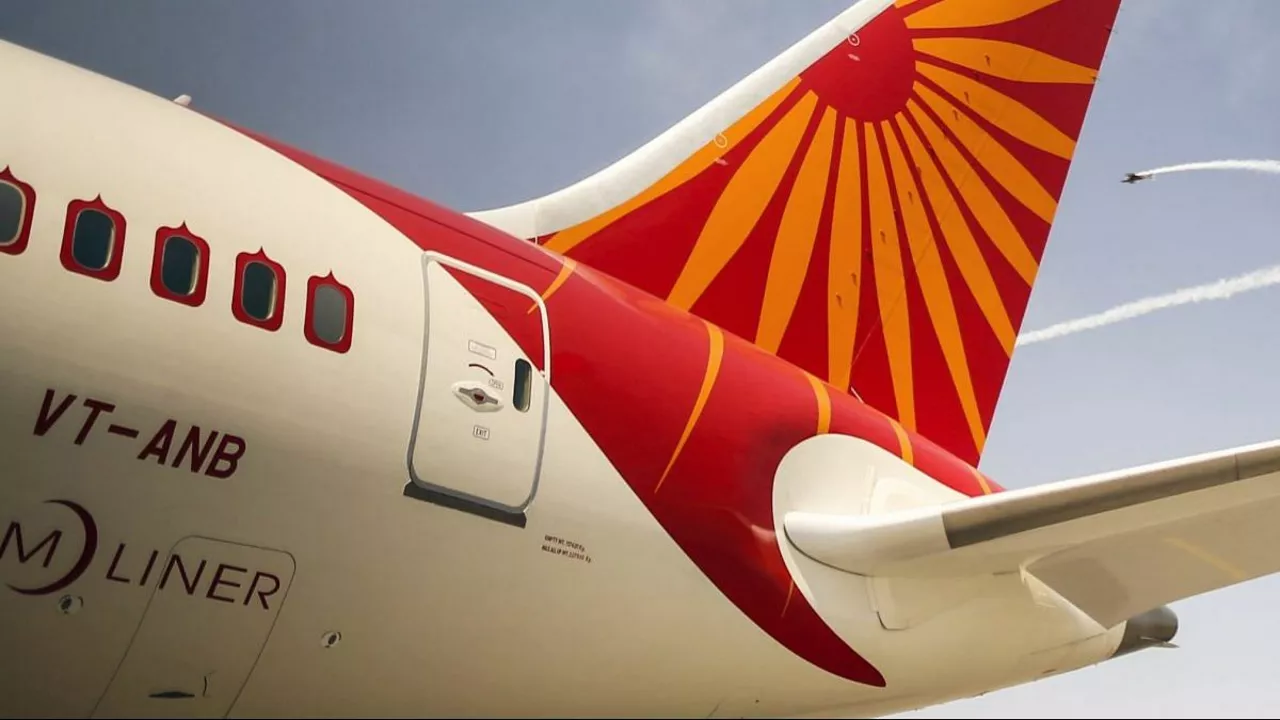An Overview of Air India's Ownership
Before diving into the details of Air India's ownership, it is crucial to have a brief understanding of the company's background. Air India is the flag carrier airline of India, primarily owned by the Indian government. It operates a fleet of Airbus and Boeing aircraft, serving various domestic and international destinations. In this article, we will delve into different aspects of Air India's ownership, its journey from being a government-owned entity to the possibility of privatization, and how this affects the employees and passengers.
A Brief History of Air India
Air India's journey began in 1932 when it was founded by J.R.D. Tata as Tata Airlines. It became a public limited company in 1946 and was renamed Air India. In 1953, the Indian government nationalized the airline, making it a government-owned entity. Since then, Air India has expanded its operations and network, becoming one of the most recognized airlines globally. However, the airline has faced numerous challenges in recent years, including financial issues and increased competition from private players.
Government Ownership and Its Implications
As a government-owned entity, Air India has enjoyed various benefits, including financial support in the form of equity infusions and sovereign guarantees. This backing has allowed the airline to maintain its operations despite facing financial challenges. However, this support has also led to increased scrutiny and intervention by the government, affecting the airline's efficiency and decision-making. Moreover, the financial burden of maintaining a loss-making entity has put immense pressure on the government's resources, leading to calls for a change in ownership structure.
Attempts at Privatization
In recent years, the Indian government has made several attempts to privatize Air India to alleviate its financial burden and improve the airline's efficiency. The first attempt in 2000 was unsuccessful due to a lack of interest from potential investors. However, the government renewed its efforts in 2017, as the airline's financial situation worsened. Despite several rounds of bidding and revised terms of sale, the process has been slow and met with challenges, including opposition from employee unions and political parties.
Impact of Privatization on Employees
One of the primary concerns surrounding Air India's privatization is the potential impact on its employees. As a government-owned entity, the airline's workforce enjoys various benefits, including job security, pensions, and other perks. However, privatization could lead to changes in these benefits, as the new owner may seek to cut costs and streamline operations. This uncertainty has led to protests and opposition from employee unions, who fear job losses and reduced benefits under a private owner.
Benefits of Privatization for Passengers
Despite the concerns of employees, privatization could potentially benefit passengers. A private owner may focus on improving the airline's efficiency, leading to better on-time performance, customer service, and overall experience. Moreover, privatization could lead to increased competition in the Indian aviation market, which could result in competitive fares and better connectivity for passengers.
The Role of Foreign Investment
Foreign investment could play a significant role in Air India's privatization process. The Indian government has relaxed the rules for foreign direct investment (FDI) in the aviation sector, allowing foreign carriers to own up to 49% in Indian airlines. This change could attract potential investors, including global airlines and private equity firms, who may be interested in acquiring a stake in Air India.
Current Status and Future Prospects
As of now, Air India remains a government-owned entity. The privatization process has been slow, with several failed attempts and delays. However, the Indian government remains committed to finding a suitable buyer and reducing its stake in the airline. It remains to be seen how the process unfolds and what impact it will have on Air India's employees, passengers, and the Indian aviation industry as a whole.
Conclusion
In conclusion, Air India's ownership is currently in a state of flux, as the Indian government seeks to privatize the airline. While the process has been slow and fraught with challenges, privatization could potentially improve the airline's efficiency, competitiveness, and overall passenger experience. However, concerns remain regarding the impact on employees and the uncertainty surrounding the future of this iconic Indian airline.






Write a comment